Are you troubleshooting your ABS warning light and have determined it is time to install a new ABS sensor? Before you click on the first sensor that says it fits your car, make sure that it is manufactured to OEM standards. While you might think a sensor is a great way to save some cash since it isn’t actually your brake lines, pads, and rotors that physically stop the car, that would be the wrong way to look at it.
What Does an ABS Sensor Do?
In older vehicles, the anti-lock brake sensor is a sensor comprised of a magnet and resistance coil that is positioned over a spinning toothed ring mounted to the CV axle by each wheel. It senses the speed of the wheel as the teeth pass by the magnet, which then sends a signal to the ABS controller. The controller compares the speed of each wheel, and when traction is lost, it engages the anti-lock braking system. In newer vehicles, the controller also works with traction control and electronic stability control.
Parts of Your ABS Sensor Replacement Kit
A replacement ABS sensor typically includes the connectors and wiring needed to connect the magnet to the controller. The wires may be several feet long as the controller is mounted either in the frame rail on the driver’s side or in the engine compartment. The wires are held in place using clamps to prevent the wires from rubbing against moving parts, resulting in failure. The electrical connection is made using a standard snap-in connector.
Why Does an ABS Sensor Fail?
Each ABS sensor is located in the wheel well, where it is subjected to constant vibration and all the debris kicked up from the road. A small pebble or grime can become jammed between the sensor and the toothed wheel, causing an invalid connection. Hitting a pothole can snap parts or wiring. Wires can be abraded over time. You can expect an ABS sensor to last 30,000 to 50,000 miles. If the sensor does fail, you should receive an ABS warning light on the dash, and your anti-lock braking system will not engage when needed.
Avoiding Poor Connections and Cheap Wiring
When you are shopping for a new ABS sensor, it can be tempting to go for the cheapest one on the shelf. However, this is part of the primary safety systems of your vehicle. A non-OEM or secondary market sensor may not include the proper length wiring, the materials in the magnet can be subject to corrosion, and even the electrical connections may be constructed out of substandard parts. Basically, a cheap part is giving your braking system more ways to fail, which can result in damage to your vehicle, injury, or even worse. At the very least, you will be replacing your ABS sensors more often than you should.
Just like when fixing up your brakes with reliable replacement lines and kits from Carlson Quality Brake Parts, you want to know that the ABS sensor you are installing in your car is specifically designed for your make and model and crafted from materials able to stand up to thousands of miles on the open road.
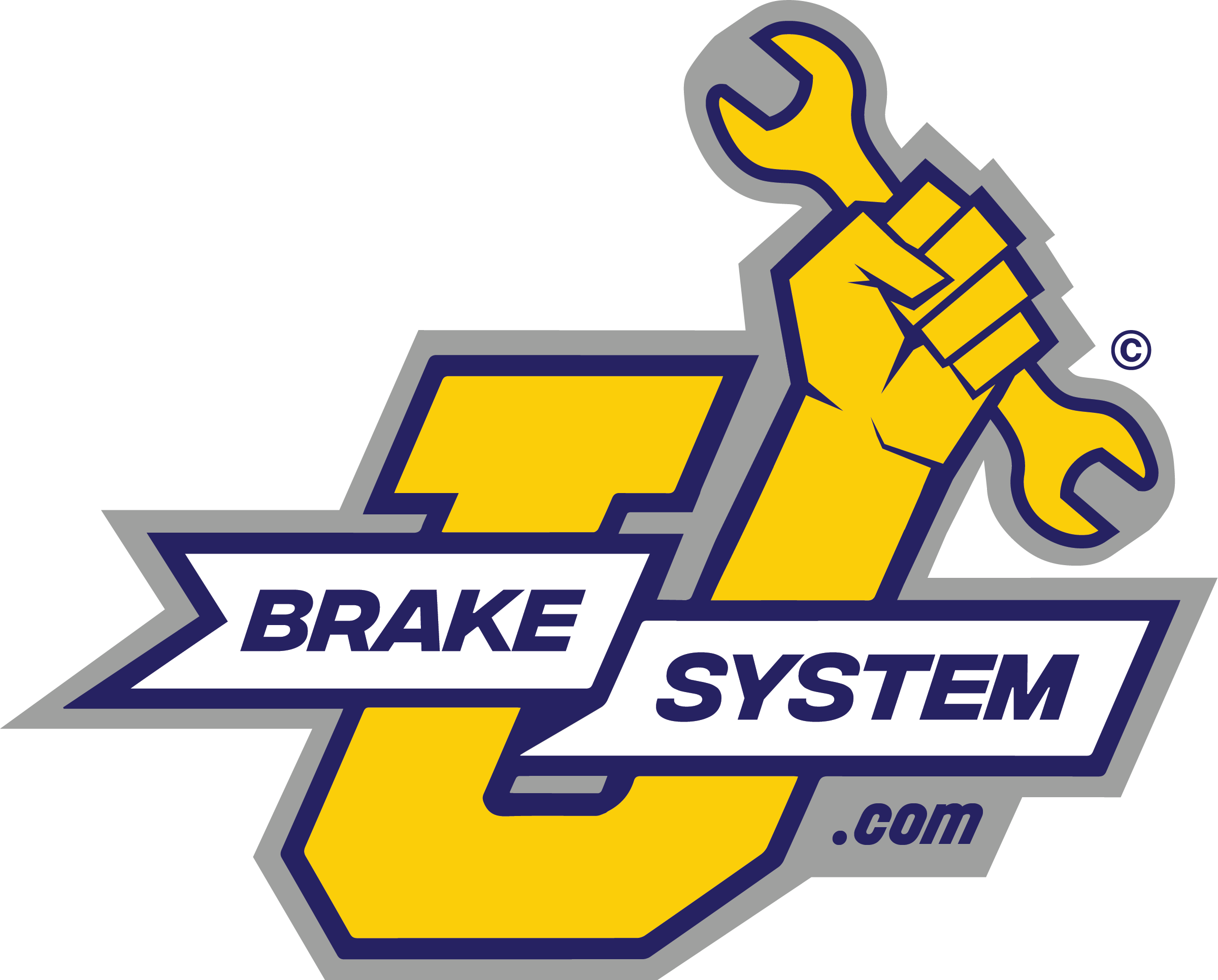
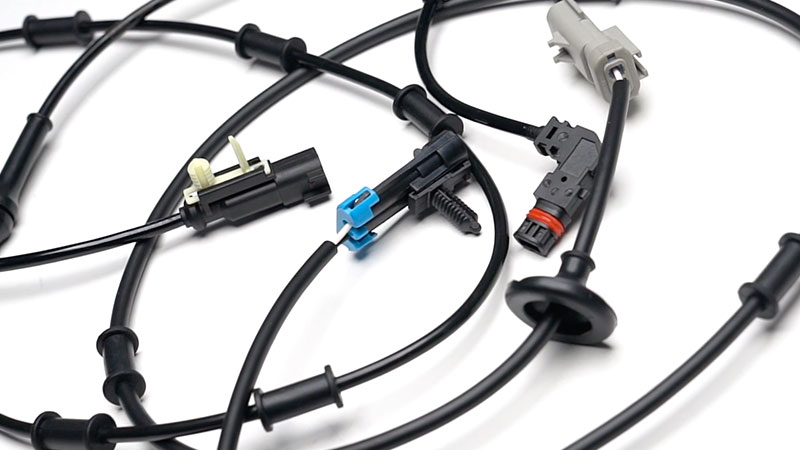
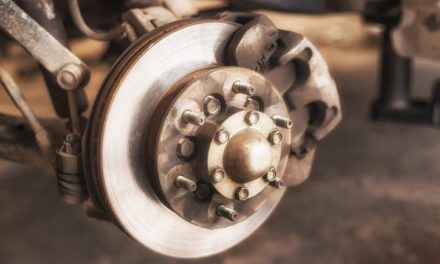
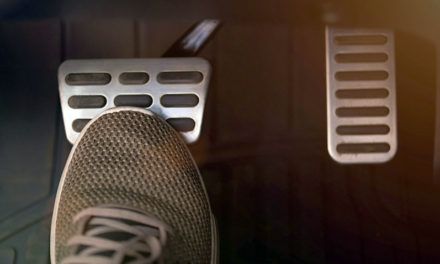
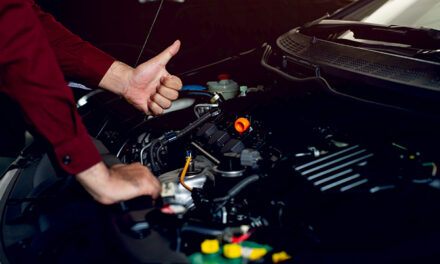
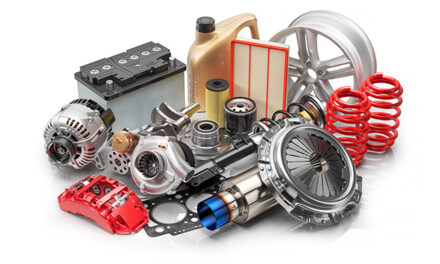





Trackbacks/Pingbacks